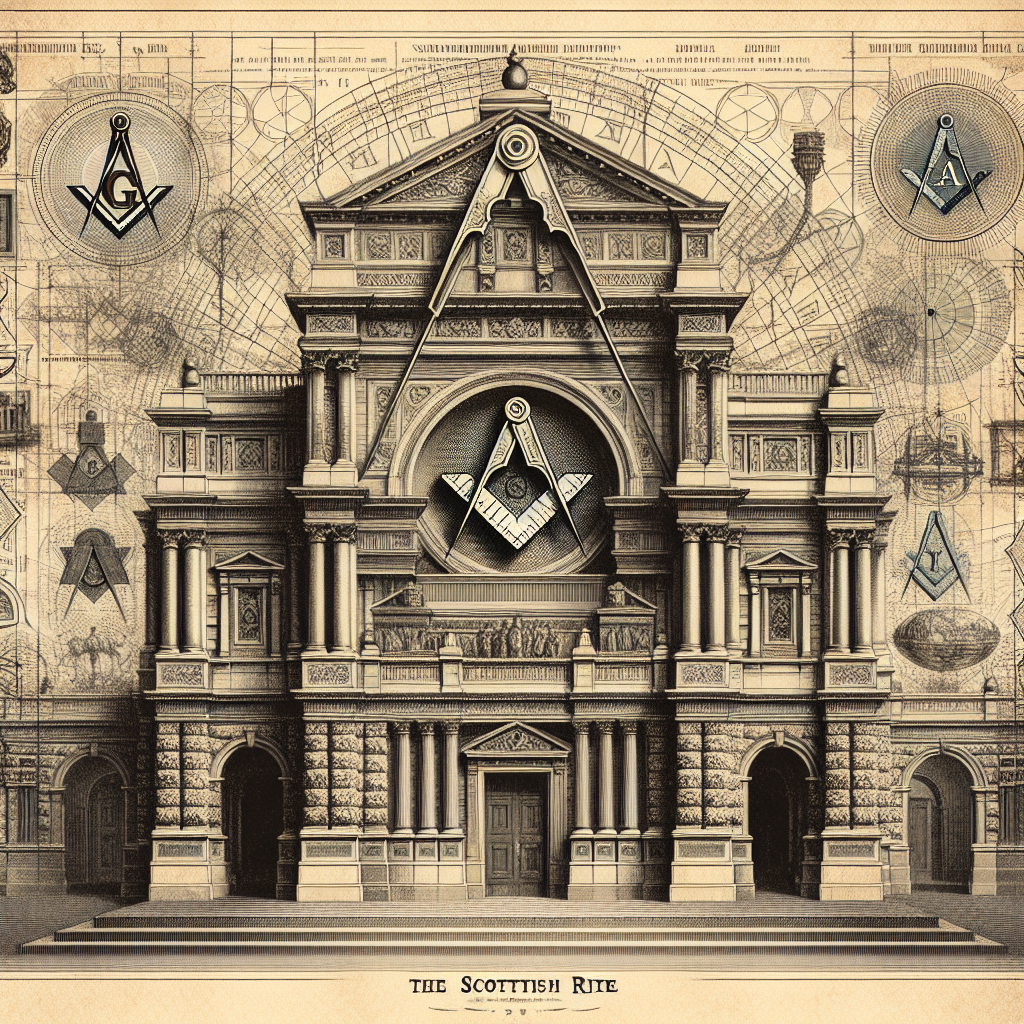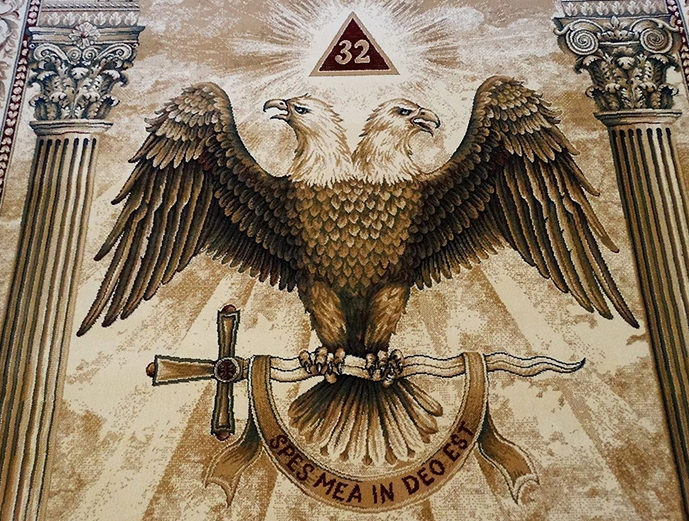
What is the Scottish Rite? The intriguing world of the Scottish Rite is a branch of Freemasonry that has captured the interest of many with its rich history and complex rituals. T
his esteemed organization is far more than just a gathering of like-minded individuals; it’s a global network, deeply ingrained with teachings spanning across centuries.
As you journey through this article, you’ll discover the ins and outs of the Scottish Rite; from its origins and practices to its enduring influence today.
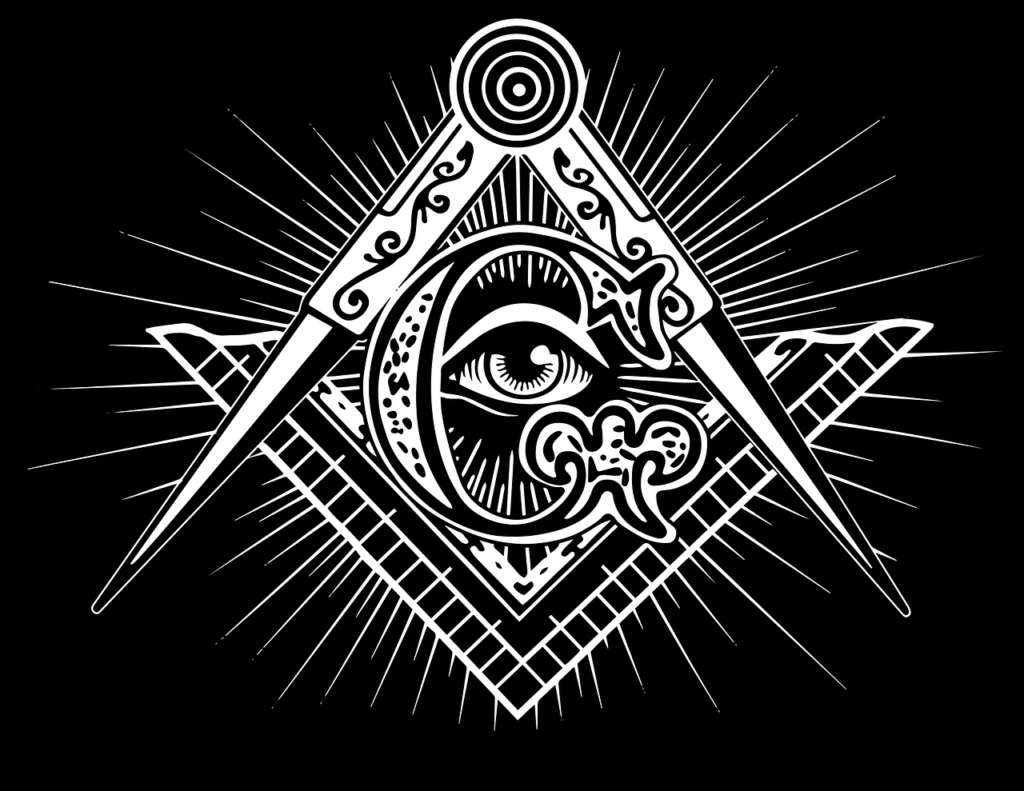
History of the Scottish Rite
It’s always fascinating to delve deep into history, unravel the mysteries, and uncover stories of yesteryears. The Scottish Rite, a unique and captivating part of Masonic history, is no exception.
Origin of the Scottish Rite
The Scottish Rite, rooted in the heart of Freemasonry, was formed in the 18th century. Now, you might assume from its name that it originated in Scotland.
But interestingly enough, it wasn’t born in the Scottish Highlands, but rather, in France around the mid 1700s. Being known as the ‘Rite of Perfection’ initially with 25 degrees, it was primarily formed to extend, elaborate, and deepen the teachings of craft Masonry.
Development over the centuries
Over the centuries, the Rite of Perfection underwent various transformations. It extended to becoming “The Ancient and Accepted Rite” with 33 degrees in the later half of the 18th century.
With time, its intriguing philosophy gained significant traction amongst Freemasons, and the Scottish Rite reached the shores of America in the late 18th Century.
Prominent figures in its history
Over the ages, the Scottish Rite has been graced by several eminent personalities.
Men such as Albert Pike and John Henry Cowles played instrumental roles in shaping the Scottish Rite as we know it today.
Pike, considered the philosopher of Freemasonry, was a key figure in codifying and unifying the rituals of the Scottish Rite in America.
Organization of the Scottish Rite
Diving into the structure of an organization is a bit like peeling back the layers of an onion. Let’s uncover how the Scottish Rite is organized.
Governance and structure
The supreme council is the governing body of the Scottish Rite, with two jurisdictions in the United States: Southern and Northern. Each jurisdiction has its jurisdictional boundaries, and each state has its own controlling body called the Valley.
Also See: What Happens In A Masonic Temple? 10 Surprising Facts For The Haters
Hierarchy levels
The hierarchical structure of the Scottish Rite comprises several degrees, right from the 4th to the 33rd. The flow begins from Lodge of Perfection to Chapter of Rose Croix, then Council of Kadosh, and ultimately the Consistory. The 33rd degree is honorary and conferred selectively.
Roles and responsibilities within the Scottish Rite
Various officers, appointed or elected, carry out the day-to-day functioning. Each officer has specific responsibilities, ranging from conducting the rituals to managing the financial affairs of the Valley. All work towards the common goal of fostering fraternal fellowship and moral values.
Degrees in the Scottish Rite
Speaking of degrees, let’s delve deeper into this concept, integral to the organization of the Scottish Rite.
Concept of degrees
The Scottish Rite uses a progressive system of degrees to explore moral and philosophical issues. They are a continued narration of the biblical and philosophical lessons that Freemasonry cherishes.
Range of degrees
The Scottish Rite consists of a series of 33 degrees – each a symbolic journey. They range from the 4th (Secret Master) to the 33rd (Inspector General), and have their respective teachings, lessons, and allegories.
You may also like: The Masonic Bible – Here Are At Least 10 Surprising Facts The Haters Don’t Know
Process of advancement
Advancement from one degree to another depends on the Mason’s understanding and involvement in the teachings. A Mason needs to exhibit the principles in his daily life to move up the ladder.
Symbolism in degrees
Each degree has its unique symbolic significance. The symbols impart moral, philosophical and spiritual lessons intending to improve one’s character.
Principles and Values of the Scottish Rite
Just like any reputable institution, the Scottish Rite stands on a firm foundation of principles and values.
Core beliefs and principles
The Scottish Rite imparts lessons of morality, tolerance, charity, truth and integrity. It advocates for freedom of thought and speech, and values humanity, justice, and patriotism.
Moral philosophy of the Scottish Rite
The complex morality of the Scottish Rite is based on virtue and duty. It emphasizes developing one’s character, improving society, and promoting human progress.
You may like this as well: What Happens In A Masonic Temple? 10 Surprising Facts For The Haters
Role of education and philosophical studies
The Scottish Rite encourages masons to pursue knowledge and wisdom. It values education and philosophical studies, using them as tools to understand life’s profound questions and challenges.

Rituals of the Scottish Rite
The beauty and essence of the Scottish Rite bloom in its rituals. We sincerely hope you enjoy this peek into them.
Role of rituals
Rituals in the Scottish Rite are meant to impart moral and spiritual lessons. They are guided allegories with rich symbolism and references to history, mythology and philosophy.
Key Scottish Rite rituals
Some key rituals include the 4th degree (Secret Master), 14th degree (Perfect Elu), and the 32nd degree (Master of the Royal Secret). Each degree has a particular ritual, teaching specific lessons.
Interpretation and meanings of rituals
Each ritual in the Scottish Rite carries deep meanings and messages, inducing self-reflection and teaching virtues like tolerance, honesty, industry, and justice.
The Scottish Rite and Freemasonry
Nothing exists in isolation, and in the grand network of Freemasonry, the Scottish Rite has its unique place.
The connection between the Scottish Rite and Freemasonry
The Scottish Rite is an appendant body of Freemasonry. It uses the familiar structure of Craft Freemasonry and extends it, providing a richer and more detailed exploration of Masonic teachings.
Differences between the Scottish Rite and other Masonic orders
Each Masonic organization presents different aspects of Masonic teachings, and so does the Scottish Rite. It stands out for its systematic exposition of Masonic philosophy through a sequence of degrees.
Interplay within Masonic tradition
Though the Scottish Rite exists independently within Freemasonry, it maintains a harmonious interplay with other bodies. It shares a common base with Freemasonry, extending and deepening its fundamental principles.
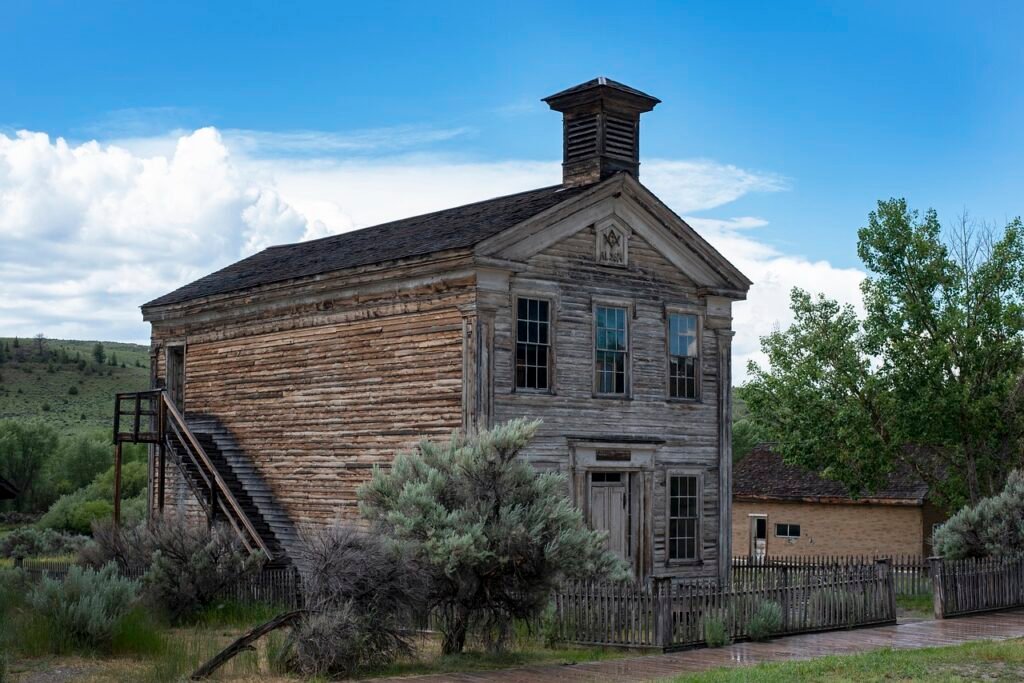
Scottish Rite Temples and Architecture
Architecture profoundly manifests the spirit of an era or an institution. The Scottish Rite’s awe-inspiring architecture is a physical embodiment of its philosophy.
Significance of Temples
Scottish Rite Temples, or Cathedrals, aren’t just structures of brick and mortar. They are sacrosanct spaces where rituals are performed, lessons learned, and Brotherly bonds are nurtured.
Symbolism in architecture
Symbolism runs deep in their architecture. From the twin pillars at the entrance to the constellation of stars on the ceilings, every element is replete with symbolic significance that hints at Scottish Rite teachings.
Prominent Scottish Rite buildings
Across the globe, Scottish Rite buildings like the House of Temple in Washington D.C., or the Scottish Rite Cathedral in Indianapolis, stand as architectural marvels and symbols of Scottish Rite influence.
Impact of the Scottish Rite globally
The Scottish Rite isn’t confined to any particular geography. Its philosophical teachings have found resonance worldwide.
The spread of the Scottish Rite worldwide
Over years and centuries, Scottish Rite Freemasonry has spread beyond its birthplace. From Europe and the Americas, it has extended to Africa, Australia, and Asia.
Impact on societies and cultures
The Scottish Rite, with its universal principles, has influenced societies and cultures. Its stress on tolerance, morality, and social progress has often nudged societies towards justice, equality, and freedom.
Notable members from around the world
From world leaders to notable scientists, artists, and scholars – Scottish Rite’s global roster of members is impressive. They bear testimony to the universality and appeal of its teachings.
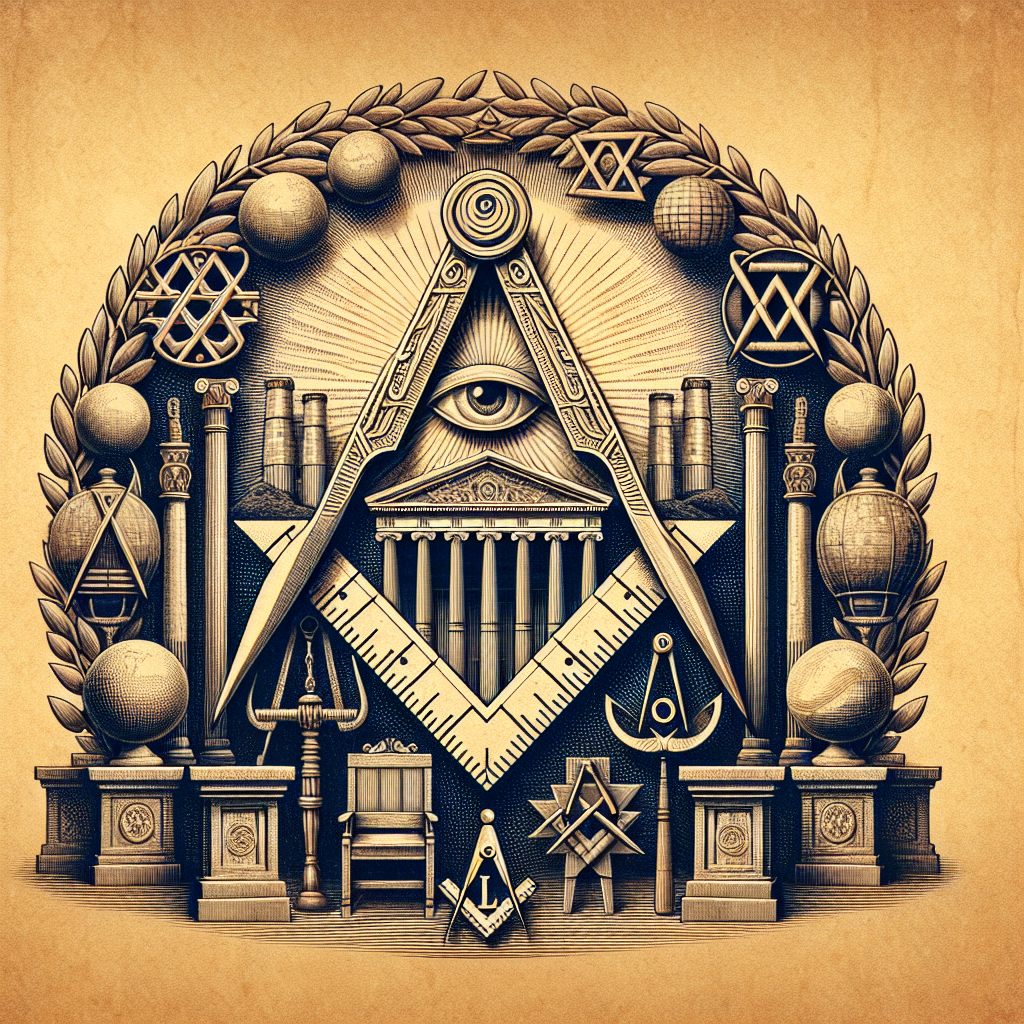
Scottish Rite Charitable Activities
Beyond philosophy and rituals, the Scottish Rite manifests its principles through charitable work and philanthropy.
Charitable work and philanthropy
The Scottish Rite is deeply involved in various charitable activities. From funding children’s hospitals to scholarship programs, it’s a shining instance of Freemasonry’s charitable pursuit.
Key charitable institutions
Under the aegis of the Scottish Rite, several charitable institutions like the Scottish Rite Foundation provide assistance to various societal causes.
Impact on community and society
This philanthropic work has a significant impact on community and society, alleviating distress, promoting education, and contributing to overall public welfare.
Controversies and Misunderstandings about the Scottish Rite
Shall we now address the elephant in the room? Like any other institution shrouded in mystery and antiquity, the Scottish Rite hasn’t been immune to controversies and misunderstandings.
Public perception and conspiracy theories
Due to its secretive nature and rituals, conspiracy theories often surround the Scottish Rite. Some perceive it as a clandestine organization with ulterior motives, which is far from reality.
Controversies from history
Historically, misunderstandings about the Scottish Rite have led to numerous controversies. Its principles and philosophies have been misrepresented, generating confusions and misconceptions.
How the Scottish Rite responds to criticism
The Scottish Rite responds to criticism and controversies with grace and wisdom. It remains steadfast in its commitment to its principles and works towards clarifying misconceptions, relying on the strength of its virtues and the transparency of its good deeds.
We hope this insight into the Scottish Rite’s philosophical universe helps you appreciate its rich tapestry, historical evolution, and societal contributions. This venerated institution is indeed much more than a secret society – it’s a repository of morals, virtues, and wisdom.
